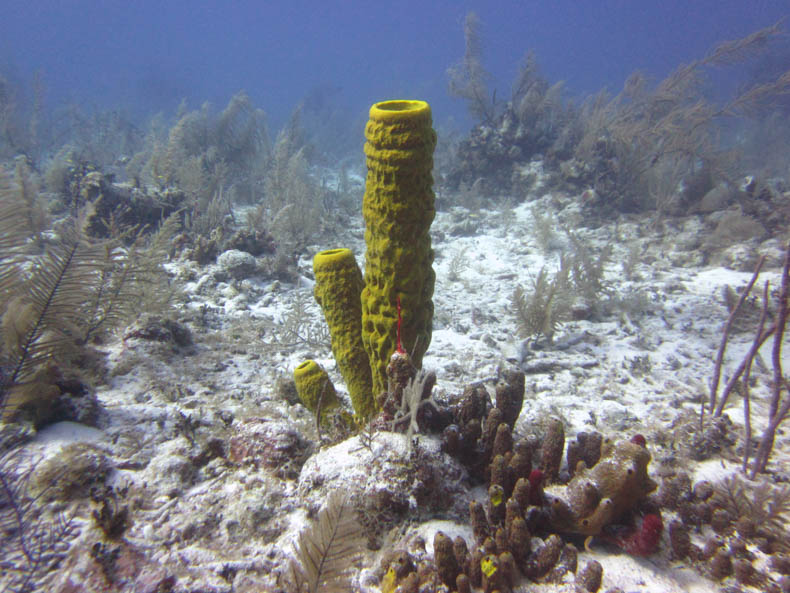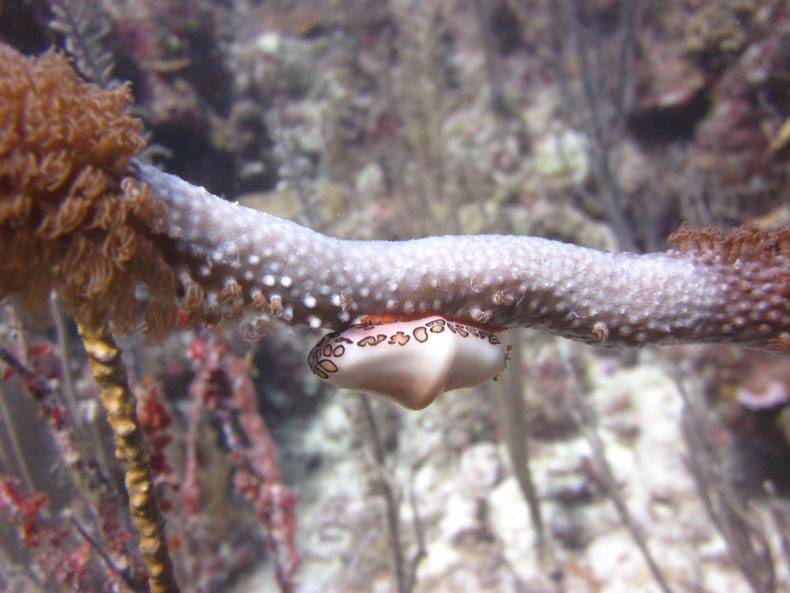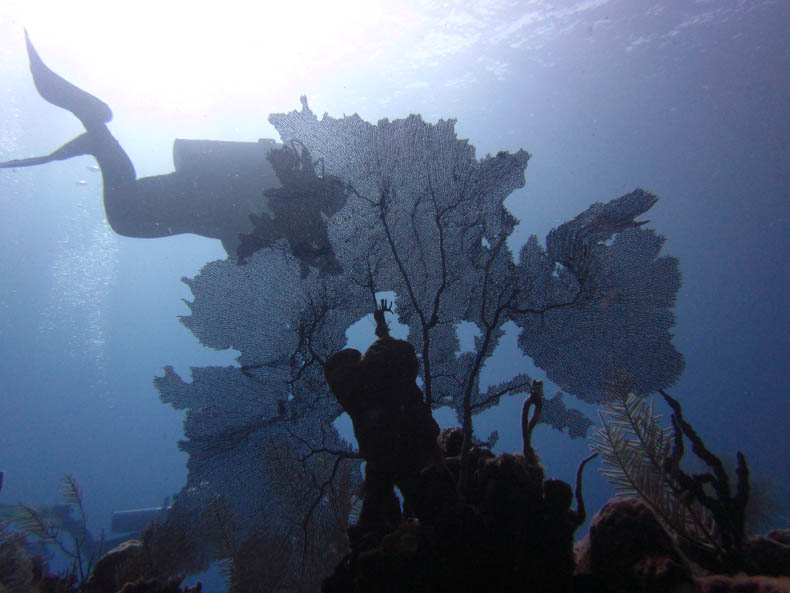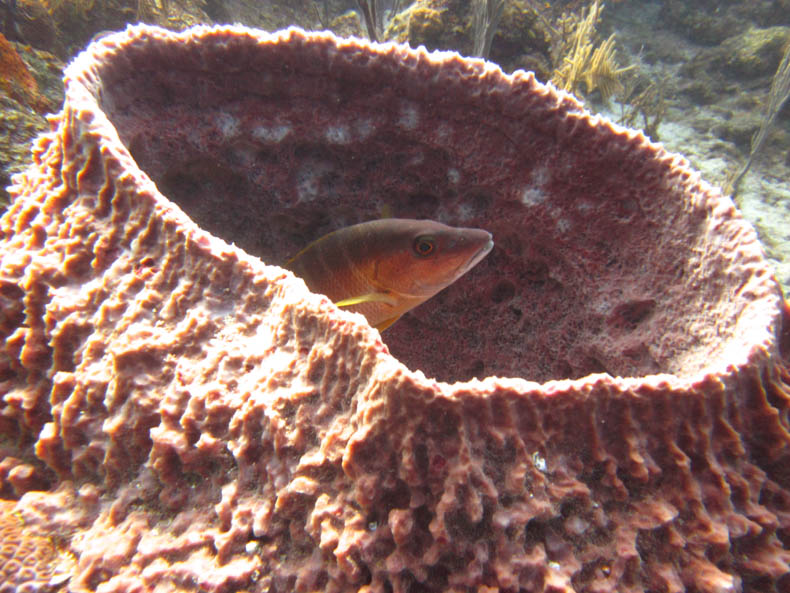Cosmology is timeless, perhaps literally—as this post argued on January 23, 2015.

In the 1992 documentary A Brief History of Time, Stephen Hawking describes what we would see if we were observing an astronaut nearing a black hole’s event horizon—the barrier beyond which gravitation is so great that not even light can escape. He invites us to imagine that the astronaut is wearing a watch, and that the second hand is ticking toward 12:00. As the astronaut gets closer to the event horizon, the motion of the second hand will appear to us to be slowing down. The closer the astronaut gets to the event horizon, the slower the motion of the hand, from our perspective. “Each second on the watch would appear to take longer and longer,” Hawking says, “until the last second before midnight would take forever.”
Then the documentary reverses the point of view and explores what the astronaut would be experiencing. That poor sap has a perspective, too. And that’s where things get weird. (Well, weirder.)
 Gosh darn it, right now I have so many big questions about what’s happening in the world, and there seem to be so few good answers that it makes me want to shut down and hide under the bed. Not to sound negative. But I think you’re right there with me, yes?
Gosh darn it, right now I have so many big questions about what’s happening in the world, and there seem to be so few good answers that it makes me want to shut down and hide under the bed. Not to sound negative. But I think you’re right there with me, yes?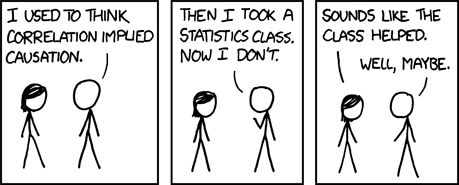
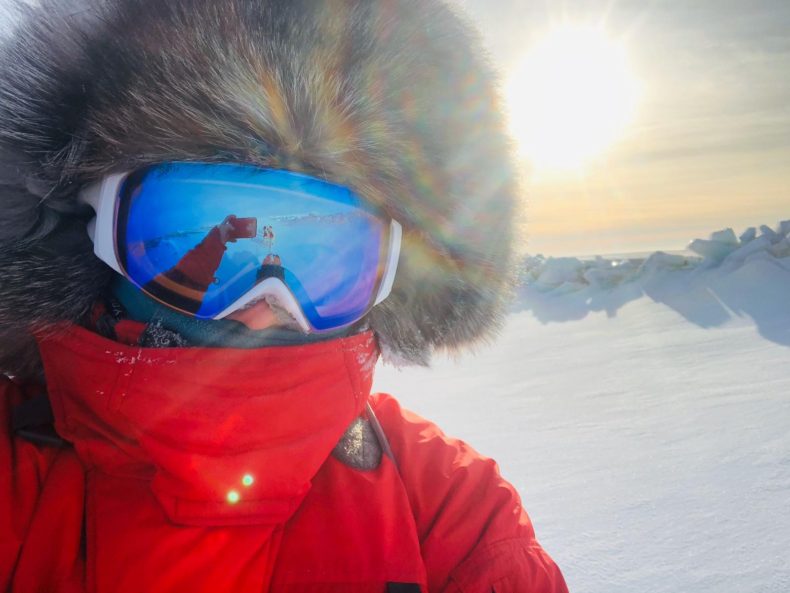
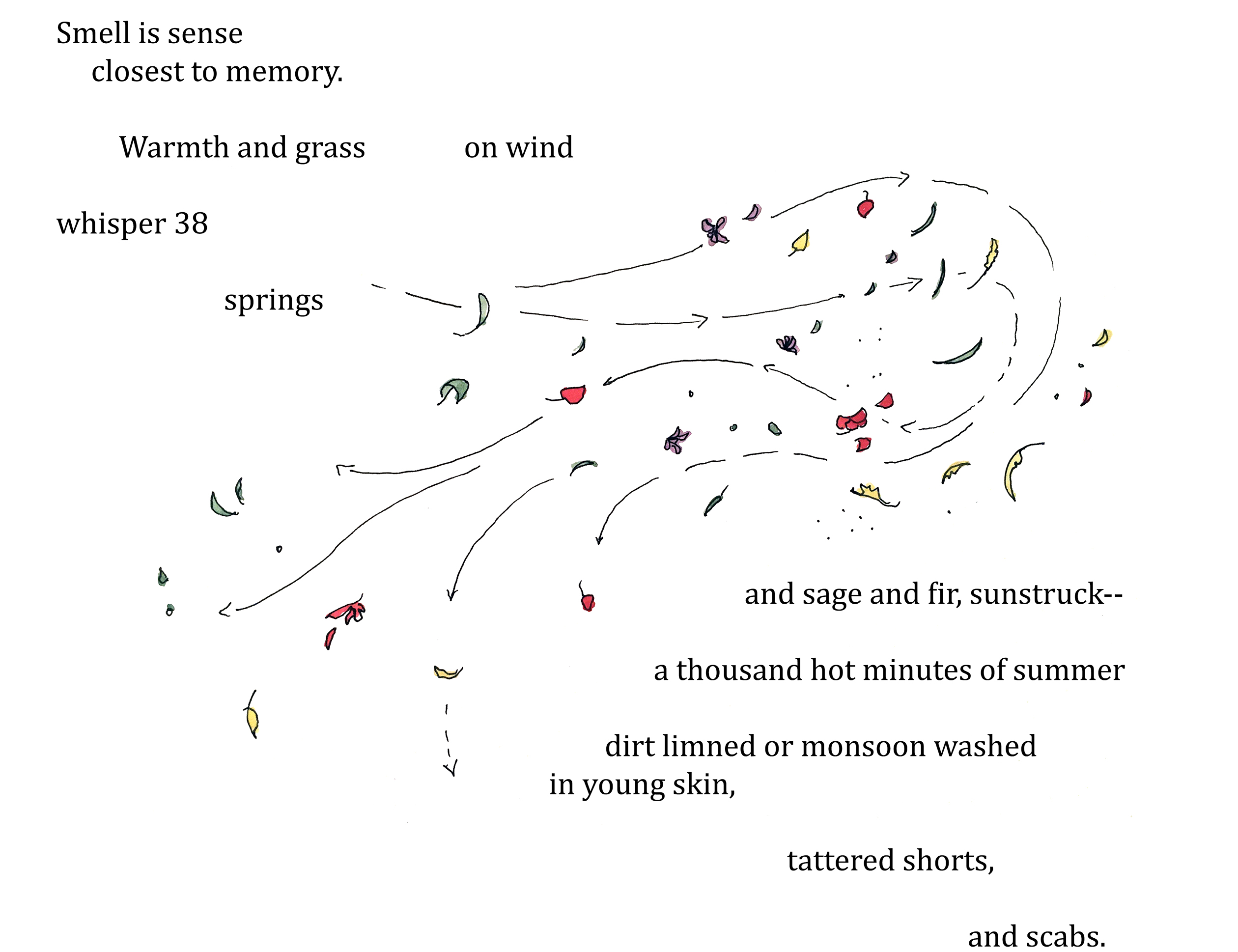
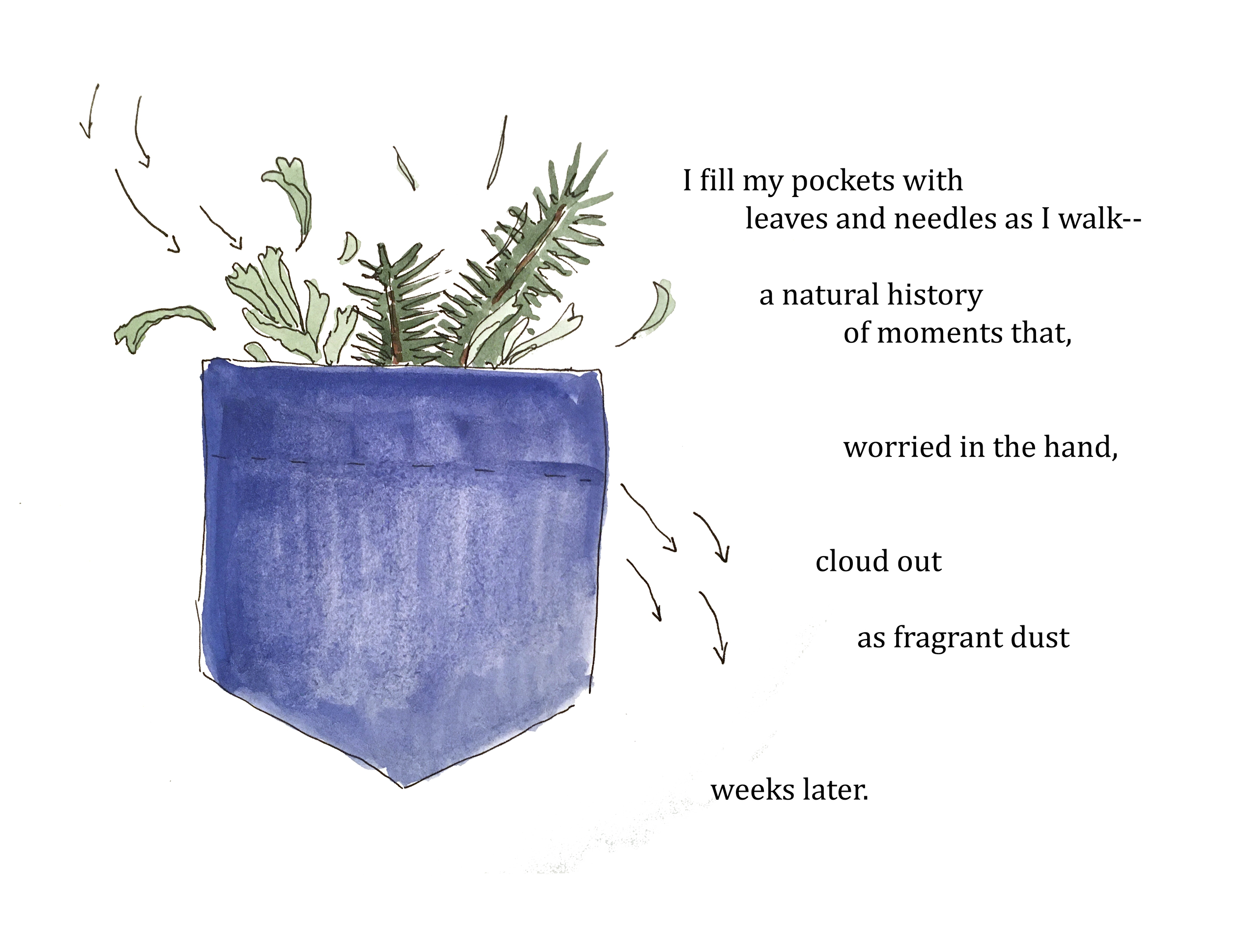
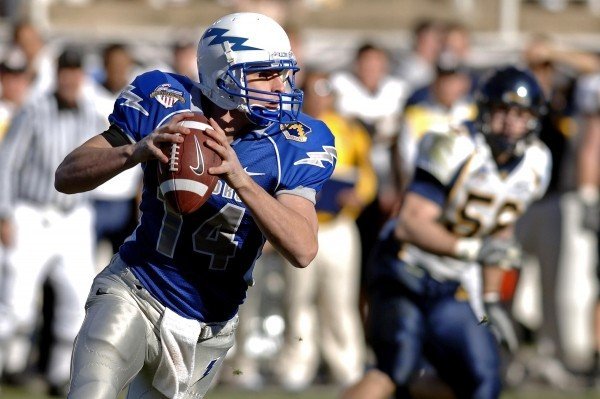
 Q: Can neutrinos travel faster than light?
Q: Can neutrinos travel faster than light?